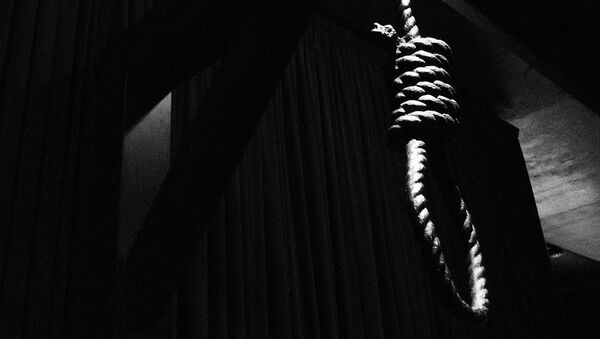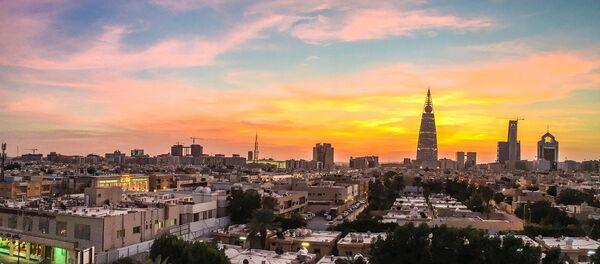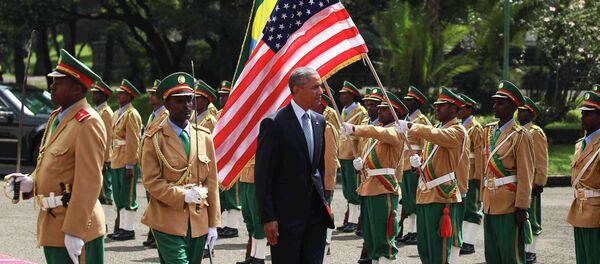The rate of executions in the Gulf kingdom has increased in 2015, with at least 102 people executed in the first six months of this year, compared to 90 for the whole of 2014, according to a new report from Amnesty International (AI).
Executions Have ‘Skyrocketed’
Sevag Kechichian, researcher for AI’s Middle East and North Africa program, told Sputnik that Saudi Arabia generally ranks in the top five countries in the world in terms of the number of executions it carries out, adding that “per capita of the population it’s a horrendous number.”
He noted that there is also concern over the increase in executions carried out, which he says have "skyrocketed" since the end of Ramadan in July last year. Between August 2014 and June this year, AI says that at least 175 people have been put to death in the country, while there has been no official reason behind the rise.
"The way that the whole justice system operates in Saudi Arabia means that there is very little transparency and accountability to these types of decisions. So nobody knows anything," he said.
Mr Kechichian said there have been suggestions among some that the increase in execution rates has been used as a tool by Riyadh to control dissidents.
"Some commentators say that the increase in numbers in executions are related to the threat of ISIS [ISIL] and the threat that ISIS represents to the regime, and this is a way the Saudis are trying to scare or deter [the population]," he said.
Public Executions, Bodies on Display
On top of the sheer number of executions already undertaken in 2015, AI also criticized the barbaric manner of some the killings.
"In certain cases executions are carried out in public and the dead bodies and severed heads are put on display afterwards. Often, families of prisoners on death row are not notified of their execution and only learn of their loved one’s fate after they've been put to death, sometimes through media reports," the report says.
The study also revealed serious flaws in the Saudi legal system, saying that in some cases "death sentences are often imposed after trials" in a blatant "flout" of international standards, while some youth offenders and those with mental disabilities were among those executed.
Among other concerns is the number of people killed by state authorities for crimes not considered to be against international law.
AI notes that since 1991, 28 percent of all executions have been imposed for drug-related offences.
The West’s ‘Unbelievable Hypocrisy’
While much of the criticism is rightly directed towards officials in Riyadh, Kechichian points out that many Western nations with strong ties to Saudi Arabia – such as the US and the UK – have a case to answer for not publicly condemning or taking actions against the country.
He told Sputnik that there was a severe case of "double standards" and "clear hypocrisy" in the Western policy towards Saudi Arabia.
"It is unbelievable the level of hypocrisy. [Western governments] have the knowledge, they have the numbers [of executions]," noting that the death sentence figures often show up various government reports. "They have a very good sense of what’s going on."
He cited the diplomatic dispute between Riyadh and Sweden earlier this year as an example of "economic blackmail" carried out after Swedish officials publicly criticized Saudi Arabia, which also acted as a threat against others from speaking out.
"There is a clear complicity here – there is a clear agreement between these Western governments, or at least part of them, that protects their vested interests with the Saudi regime. There are certain things that you cannot do and there are certain red lines that you cannot cross.
"He added that this Western complicity was in turn allowing Saudi Arabia to harshly crackdown on any form on political opposition in the country.
"It’s actually doing far worse than encouraging them, because in a way, especially with the rise of ISIS and the whole war on terror, the Saudis are the declared ally of the West against ISIS. Basically the Saudis are using the Western cover to crack down on parts of society," he said.




